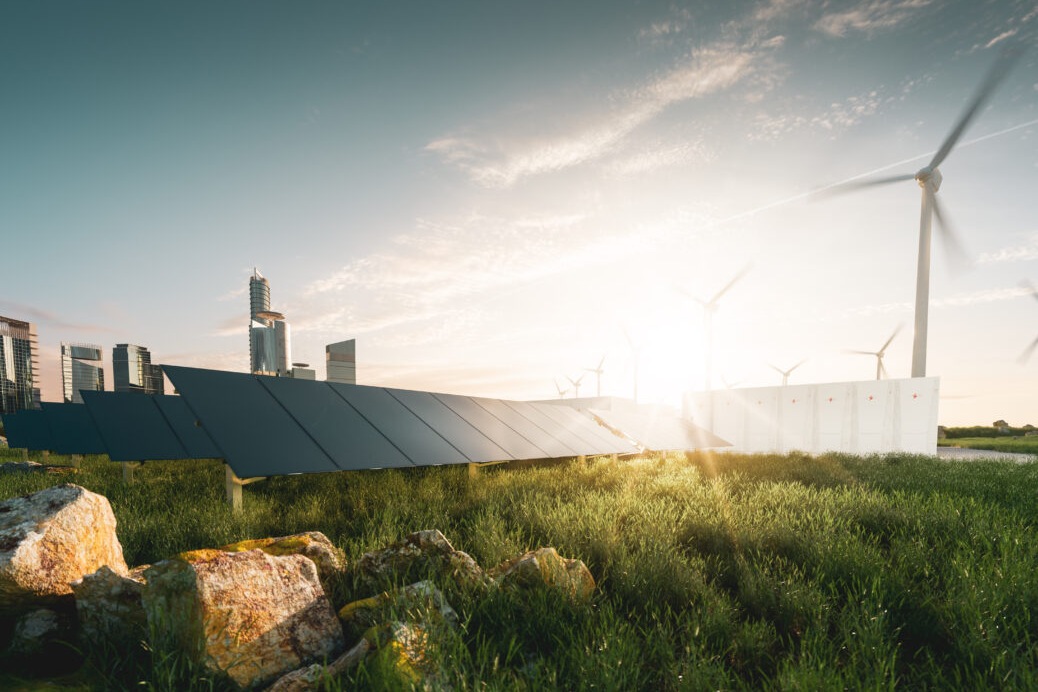
Euratex urges a unified approach to tackle energy crisis
YarnsandFibers News Bureau 2022-09-08 14:09:24 – United KingdomA unified European approach to address the energy problem has been demanded by the European textile and apparel industry, as represented by EURATEX. In order to protect the industry's future, the electricity price mechanism must be revised, and the price of gas must be capped at 80 euros per megawatt hour across the EU. In order to prevent insolvency and the movement of textile manufacturing outside of Europe, special firm support must be offered.
Prices for gas and electricity in Europe have risen to previously unheard-of heights. These price increases are unable to be passed on to consumers because of the fierce worldwide rivalry that exists in the market that defines the European textile and apparel sector. Capacity reductions and production halts have already resulted from this. If the current scenario continues, closures and a move of production outside of Europe are predicted, further deindustrializing our continent and increasing our reliance on outside suppliers, according to a press release from EURATEX.
The textile business is particularly susceptible in some areas. For instance, the synthetic and cellulose-based man-made fibers (MMF) business is a highly energy-intensive sector and a significant user of natural gas in the production of its fibers. The textile industry and society at large would suffer acute repercussions if European fiber products disappeared. The processes used to dye and polish textiles need a fair amount of energy. These activities are necessary in the textile value chain to add value to textile goods and clothing by adding color and unique functionality (e.g. for medical applications).
To close the enormous price disparities with its overseas rivals, the European textile sector demands an EU-wide ceiling on gas prices at €80/Mwh and a modification of the energy market's pricing structure.
Governments should make sure that essential businesses, including textiles and all of its divisions, can secure gas and energy contracts at a reasonable price as the year comes to a close. The need for a reliable and consistent energy source cannot be overstated. Rationing and gas limitations should only be implemented as a last option. No required reductions in consumption should be anticipated.
The release added that they see a profusion of conflicting, uncoordinated national attempts to address the energy situation in addition to these measures under debate. Due to the de facto fragmentation of the Single Market that has resulted from this, our supply chain—which is completely integrated at the European level—is now subject to an unstable legislative and regulatory environment. Measures to ensure a fair playing field in the EU are of the highest importance.
EURATEX president Alberto Paccanelli, said that given the current circumstances, a scenario where large parts of the textiles industry may perish can no longer be disregarded. This will result in the closure of tens of thousands of European businesses and employment, further increasing Europe's reliance on imports of basic products. This notably applies to SMEs who require interim assistance measures (such as state aid, tax relief, and energy price caps) to get through the current crisis and get ready for the longer-term green transition.
Market Intelligence
Ask for free sample Report

experience
Customer Base
dedicated team
Countries Served Worldwide









